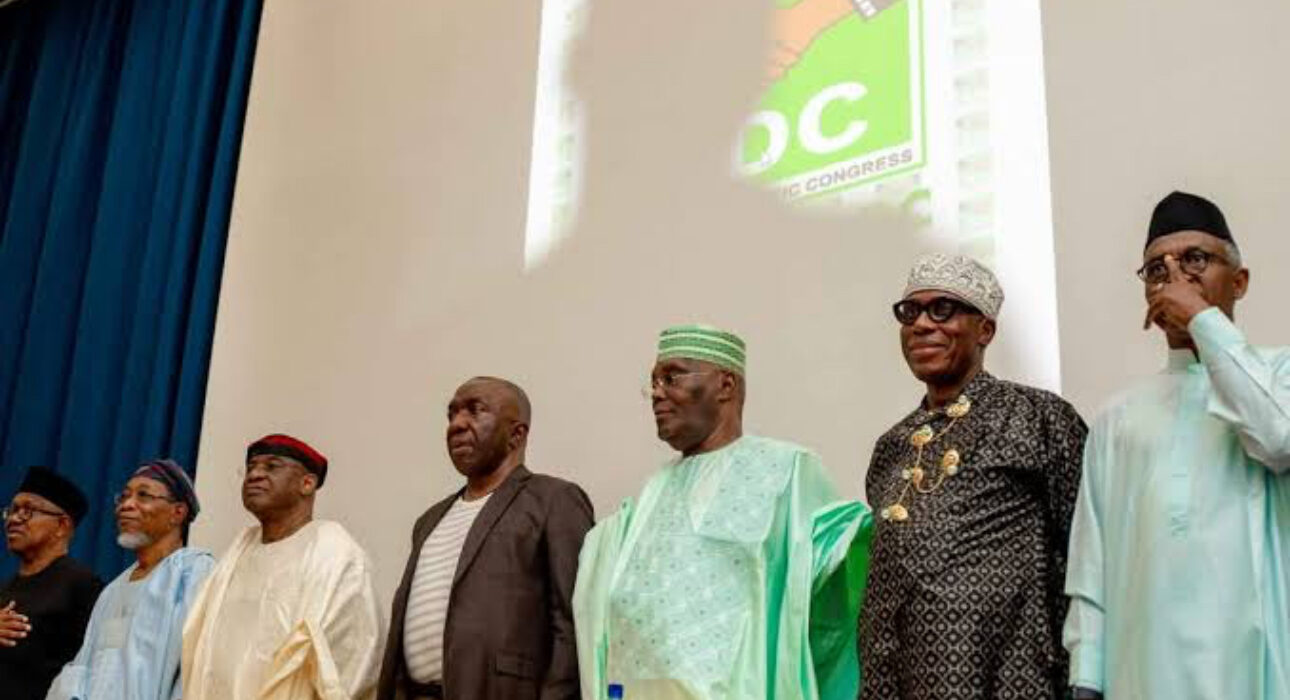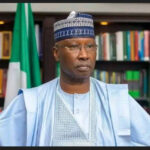Nigerian Youths Coalition Rejects Atiku, Obi, El-Rufai as 2027 Alternatives

In a fresh twist to Nigeria’s evolving political landscape, a group identifying as the Nigerian Youths Coalition has publicly rejected former Vice President Atiku Abubakar, former Anambra governor Peter Obi, and former Kaduna governor Nasir El-Rufai as viable alternatives in the 2027 general elections.
The coalition, whose declaration was highlighted via a post by Sahara Reporters on X (formerly Twitter), dismissed the trio and others as part of the country’s political recycling problem rather than the solution.
According to the statement shared on Tuesday, the group claimed that the recurring faces of Nigerian politics—regardless of party affiliation—have failed to deliver real change and are out of touch with the aspirations of young Nigerians.
The coalition argued that Atiku, Obi, El-Rufai, and similar political actors have had repeated opportunities to drive transformation but instead have entrenched themselves in power struggles and alliances driven by personal ambition.
The statement, though lacking detailed information about the coalition’s leadership or structure, comes amidst increasing conversations about political alternatives and a groundswell of disillusionment among Nigeria’s youth population. It also surfaces at a time when prominent opposition figures like Atiku and Obi have been exploring the possibility of forming a mega alliance to challenge the ruling APC and President Bola Tinubu in 2027.
While the group did not put forward a preferred candidate or alternative political direction, its message reflected a growing demand for fresh leadership, rooted in transparency, innovation, and generational renewal. The rejection extended beyond individuals to what the coalition described as a failed political establishment—one that has historically sidelined youth voices and offered recycled leadership.
The emergence of this youth-led position has yet to be backed by mainstream political organizations or validated by other civic youth bodies. As of press time, there were no official responses from the camps of Atiku, Obi, or El-Rufai. However, the message underscores a crucial point of concern as Nigeria inches toward another general election cycle: the widening gap between the political class and an increasingly vocal, frustrated, and organized youth population.
Political analysts say the call might mark the beginning of broader movements among Nigerian youths to redefine political engagement ahead of 2027. Yet, without clear organizational backing or alternative political structures, the impact of the coalition’s declaration remains uncertain.
Nonetheless, the statement has reignited conversations around youth inclusion, political credibility, and the urgency for reform within Nigeria’s political space.








